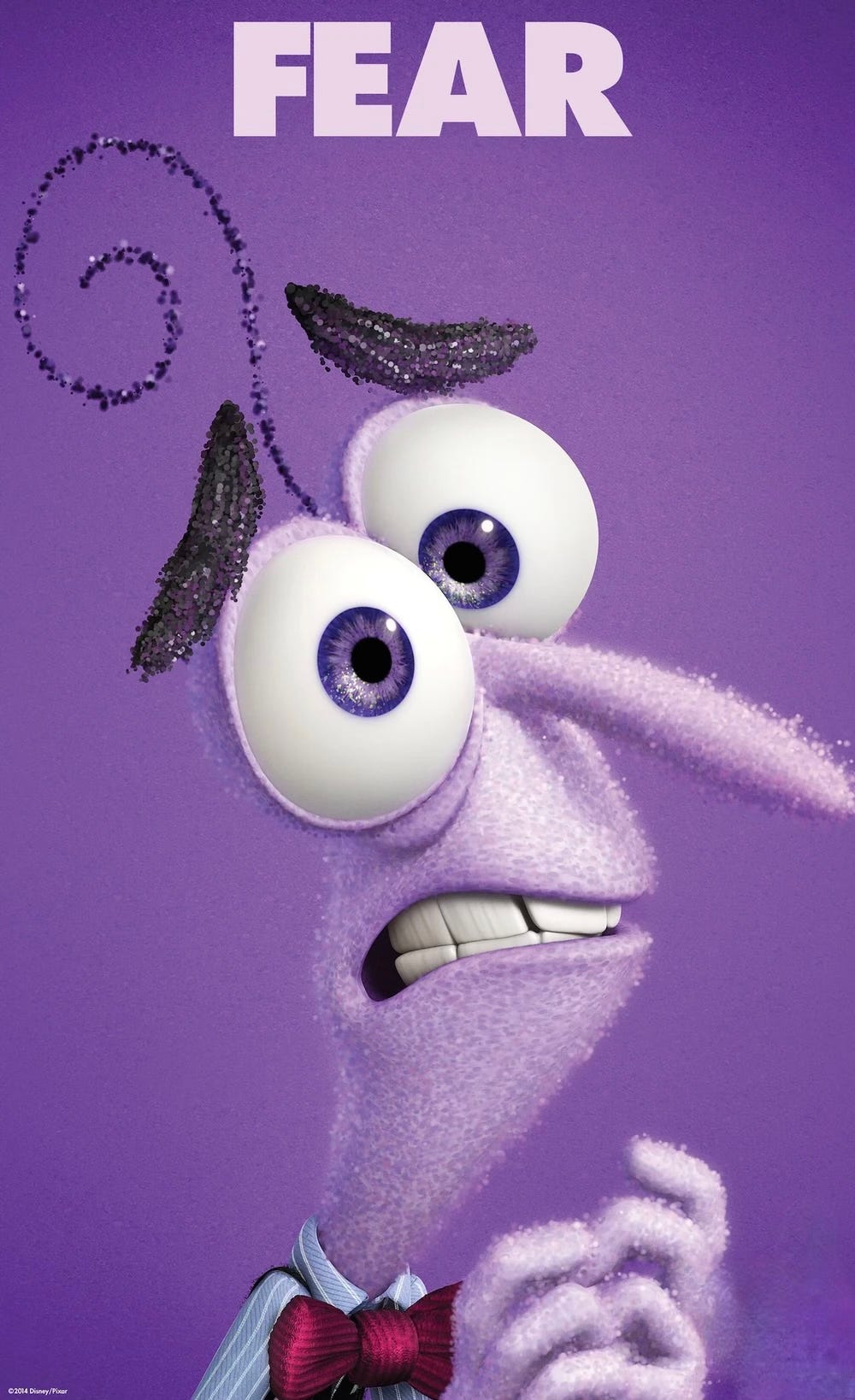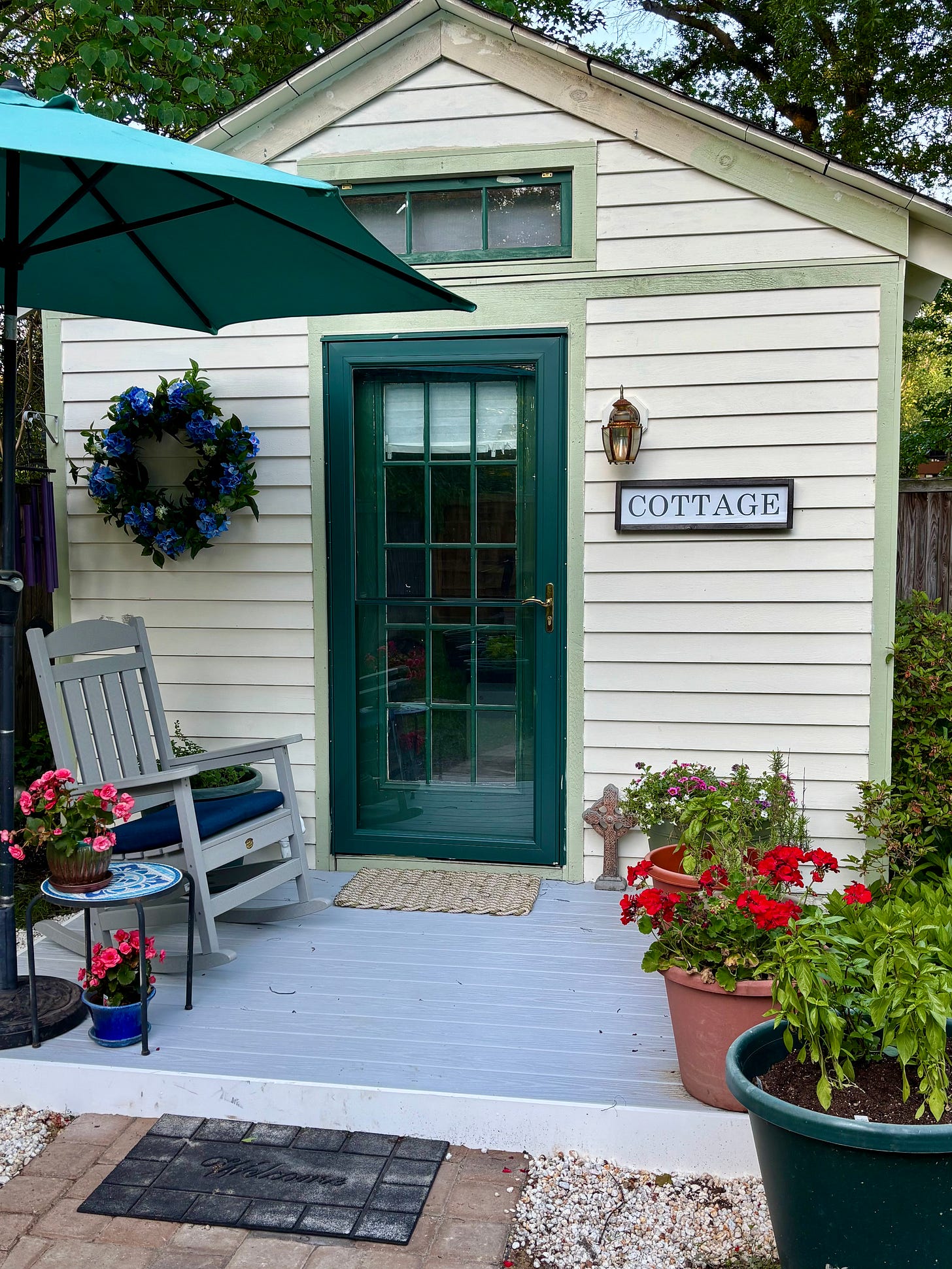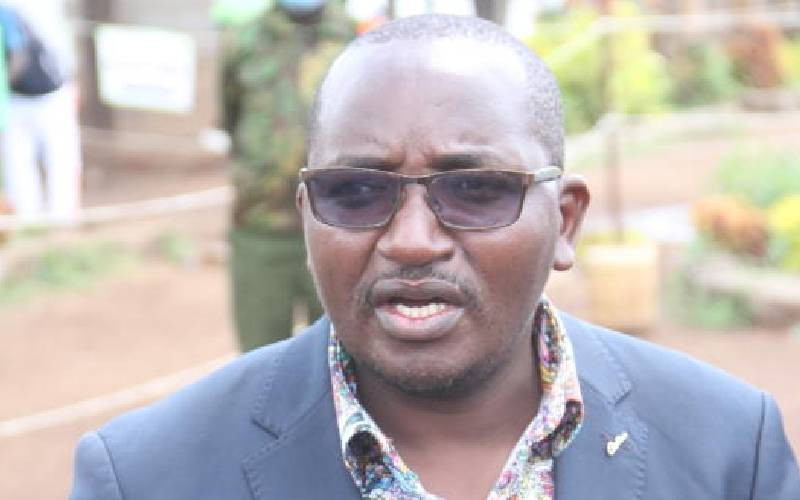Sunday Musings - by Diana Butler Bass - The Cottage
Five years of inspiration and thoughtful commentary on politics and culture. Five years of honest reflection on Christian nationalism. Five years of Sunday Musings. Five years of surprising interviews. Five years of gracious and insightful comments from nice people online.
Five years of not giving up or giving in.
Five years of being together through it all.
You can also give a gift to a friend for that same great rate.
For the last several weeks, the readings have reminded us of Jesus’ final remarks to his friends before he was executed. There doesn’t seem to be any systematic approach to these selections — instead they weave a fabric of Easter faith about love, unity, and peace.
Next Sunday is the final reading of the Easter season. Two weeks hence, the longest season of the year — Pentecost — begins.
Change is in the air.
Jesus said to Judas (not Iscariot), "Those who love me will keep my word, and my Father will love them, and we will come to them and make our home with them. Whoever does not love me does not keep my words; and the word that you hear is not mine, but is from the Father who sent me.
"I have said these things to you while I am still with you. But the Advocate, the Holy Spirit, whom the Father will send in my name, will teach you everything, and remind you of all that I have said to you.
Peace I leave with you; my peace I give to you. I do not give to you as the world gives. Do not let your hearts be troubled, and do not let them be afraid. You heard me say to you, `I am going away, and I am coming to you.' If you loved me, you would rejoice that I am going to the Father, because the Father is greater than I. And now I have told you this before it occurs, so that when it does occur, you may believe."
When sitting down to write this morning, the news was on. A group of pundits were discussing one of the week’s most disturbing stories — Trump’s “justice” department investigating political opponents. This is, of course, a way to limit dissent and silence criticism. And it is more evidence of the authoritarian and anti-democratic tendencies and tactics of the administration.
As they reported on these events, one of the commentators said, “This isn’t just a story for politicians. Everyone should be afraid”
Ugh, I don’t need to hear this.
I’m plenty afraid. Reminding me doesn’t help.
I muted the television and looked at the lectionary reading:
Peace I leave with you; my peace I give to you. I do not give to you as the world gives. Do not let your hearts be troubled, and do not let them be afraid.
If you remember back several weeks, you might recall the reading for the first Sunday of Easter:
When it was evening on that day, the first day of the week, and the doors of the house where the disciples had met were locked for fear of the Jews, Jesus came and stood among them and said, "Peace be with you." Jesus said to them again, ‘Peace be with you….’ When he had said this, he breathed on them…”
Next week is the final Sunday of Easter. We’ve been through the entire seven-week season and Jesus’ followers are still afraid.
But this isn’t just about Eastertide. The end of the Easter season is also the end of the first half of the Christian year. The cycle of Advent, Christmas, Epiphany, Lent, and Easter focus on the story of Jesus — the promise of his coming, his birth, the light he brings to the world, the seriousness of his mission, his execution, and the mystery of his resurrection.
The year is nearing the end of its story about Jesus. Soon, we move on to his teachings — and how we live them.
And here’s the odd thing, something I never really noticed until this year. Fear is foundational to the first half of the year. It isn’t just that the disciples were afraid after Jesus died. The story began — way back in Advent — with the angel telling Mary, “Fear not!”
The angel said to her, ‘Do not be afraid, Mary, for you have found favor with God.” (Luke 1:30)
Six months later in the church year, Jesus’ story ends with “Peace I leave with you … do not let your hearts be afraid.”
Fear is a basic emotion and a necessary contributor to human survival; it is one of seven “universal emotions,” something experienced by nearly everyone around the world. And it is part of our biology:
It’s the work of your amygdala, a tiny almond-shaped structure in your brain. Sensory signals alert it; in turn, it triggers a cascade of activity, deluging your body with messages that widen your eyes, prick your ears, accelerate your heart, quicken your breathing, wrench your stomach, moisten your palms, and launch a full-body, organ-clenching, corpuscle-filling chill…
“You could call the amygdala a relevance detector,” says Nouchine Hadjikhani, an HMS associate professor of radiology who specializes in capturing the activity of the brain as it reacts to fear-provoking stimuli. “In less than 100 milliseconds, just one-tenth of a second, sensory information reaches the amygdala, which signals your brain to be aware. All your systems become more receptive. You’re now ready to fight, freeze, or flee.”
(from “The Chill of Fear,” in Harvard Medicine)
When it comes to fear and Jesus, I confess: an angelic pregnancy revelation, having a beloved friend executed by tyrannical authorities, and witnessing a dead man walking around would pretty much terrify me too.
The gospels are as much a horror story as they are anything.
In the middle weeks of the story, however, fear lessens. When the disciples actually step away from the life they knew and respond to Jesus’ invitation to live differently, they loosen up, open up. After they witness the healings and miracles, their stress abates. They see how the crowds love Jesus. That seems to soften them. As they learn to love one another. They experience how love overcomes fear.
As the author of 1 John later wrote, “There is no fear in love, but perfect love casts out fear.”
I think that is the point of Jesus’ life, the story we retrace in the first half of the Christian year, the culmination of which is the Easter season: Perfect love casts out fear.
Thirty years ago, I heard the Rev. Ed Bacon preach an Easter sermon on how the resurrection changed the disciples — they moved from “a faith based in fear to one based in love.”
He went on: “The opposite of fear is love. The opposite of love is fear, not hate.”
Once in a while, a sermon changes your life.
The opposite of fear is love. The opposite of love is fear, not hate.
I’d later learn that he was quoting Henri Nouwen that morning. And that the relationship between fear and love has been widely explored in mystical theology. But I didn’t know it then. And I’d never heard it until that sermon.
There’s probably no other single sermonic sentence that I’ve clung to so tightly in the last three decades. I thought of it weekly, occasionally daily, ever since.
Mostly because I’ve been afraid a lot.
When I was a child, I imagined that grown-ups were not afraid. They were big. They had resources. They knew how to do things. They were in control. Surely, only children were afraid. One day, I wouldn’t be scared.
But growing up only taught me that adults had more things to fear. Adult-fear is more terrifying than children can begin to understand. We learn that control isn’t really possible, even while striving for it hoping to soothe our fears.
However, something else happened in my growing-up years. Our political culture embraced fear as a marketing strategy, as foundational to party platforms. Of course, fear has always been an effective way to gain power over others and manipulate entire populations (there are historical examples aplenty). But stoking fear in political campaigns seems to have been perfected in profoundly cynical and malevolent ways, abetted by traditional media and social media in search of cash and clicks, reducing us to an almost primal and permanent state of anxiety.
We eat, drink, and sleep fear. We live in a constant state of amygdala agitation — alternately paralyzed, ready for battle, or run for cover at a moment’s notice. Nearly everything sets nearly everyone off.
There’s no room to breathe.
Until….”Jesus said to them again, ‘Peace be with you….’ When he had said this, he breathed on them…”
Peace I leave with you; my peace I give to you.
The door opens toward love — the love of God, the love of neighbor.
I can’t explain it. All I know is that it is right. And I feel it. When I’m scared, I breathe. My breath. Sacred breath. Spirit breath. The in, out, in, out, in, out of life. My heart slows and opens, making room for the other, giving space to love. In, out, in, out. Breathe in peace. Breathe out love.
Peace, love. Peace, love.
Fear abates.
Perfect love casts out fear.
I think of the first words of scripture, how ‘in the beginning” there was nothing but chaos. Then, God breathed. Chaos was transformed by that breath into a world of beauty and sustenance.
Easter began in confusion and terror behind a locked door. Now, it comes to a quiet conclusion in the breathing … the promise and possibility of new creation. Peace, love.
Perhaps that’s what is meant by resurrection. Being raised from the deadened weight of fear to love.
At every moment, something sacred is at stake.
— Rabbi Abraham Joshua Heschel
If there is one thing that has overwhelmingly impressed me over the last several years in my travels, it is how fearful we truly are. It is amazing to me to see how afraid we are – a fear that often pervades every part of our being. In one way or another, it is always the fear for the unknown.
In this world in which we live, we are increasingly tempted to make fear our house, to live in the house of fear, to let our decisions of what we are doing, what we are seeing, what we are thinking be determined by our fears. And we know quite well that the people who can make us buy in to their agenda of fear are the ones who fall over you.
Power means the ability to push the ‘fear buttons’ of the other; such as someone saying, “If you don’t do what I tell you, then you are going to lose your job” or “We need to buy those fighter jets to protect the Artic”. Those who can control you with their agenda of fear are the ones who have power over you; they are the ones who are enslaving you – whether it is family, employers, politicians, the church – it doesn’t matter.
And then there is that fear of the other – the stranger – who are they? We are living in a world where we have more and more unknowns – strangers, refugees, aliens; and now illegal aliens – “‘they don’t belong to us and I am afraid of what they might do to me.”
And maybe we fear God – that he is adding up our own sins and guilt.
While I am overwhelmed by how fearful we are, I want you to know one simple thing: that fear is born at the same time that love is born, and they never will be totally separate. We see this from the first time that we as a child became aware that there was an other person, and that my mother was not part of my body, and my mother might leave me – two things became possible. I suddenly could love the other because there is another to love; but I could also be fearful that the person I loved could decide not to come back to me. Right at the moment that love becomes possible, fear also becomes possible. Every time we become involved with people we enter into a relationship.
I want you to hear that the task of our life is to make love the dominant tone. And the temptation is always to let fear to become that which makes our decisions. But then fear becomes that which rules our lives – and then we have become slaves without freedom. And the task is to again and again reaffirm that love is stronger than fear.
The opposite of fear is love. The opposite of love is fear, not hate….
And the whole call of the Gospels is to move from the House of Fear into the House of Love. That is the great news – that God invites us out of the House of Fear into the House of Love, which is the house of freedom – free to move, free to think, free to talk, free to love, free to be together. “Oh, how I long to dwell in the house of the Lord all the days of my life.”
— Henri Nouwen, “
— Ed Bacon
Springtime at the Cottage! We put in a little porch where I can sit and read!












:max_bytes(150000):strip_icc()/MeghanSocial-bbd86684ea9a44d28b7e407bcfa8baaf.jpg)

